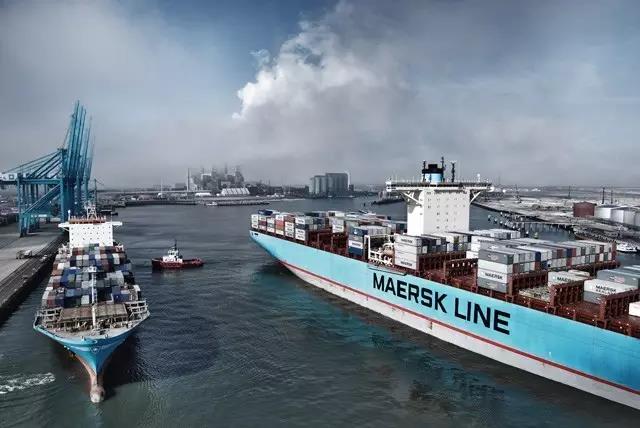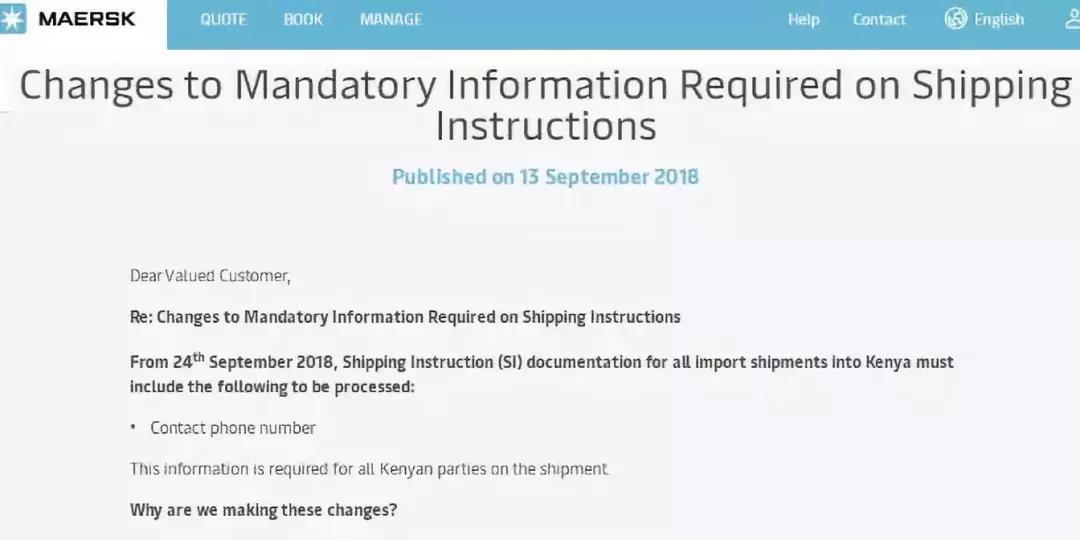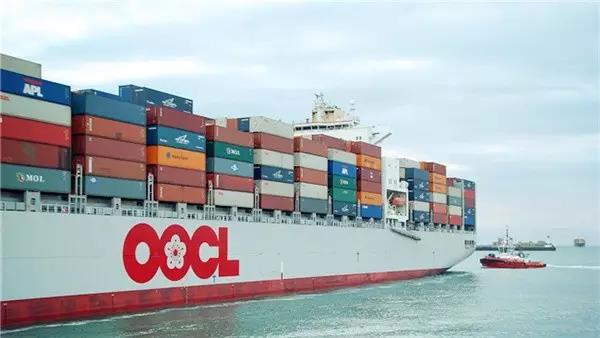Special requirements for export bills of lading to Kenya and Tanzania
2018/10/9
Recently, Kenya, Tanzania and other countries in African ports have introduced a number of new regulations on imported goods. MSK/OOCL Shipping Company also issued an urgent notice, and hope that foreign trade freight forwarding companies will pay attention!
OOCL East Africa route Kenya and Tanzania bill of lading special requirements
In order to provide more comprehensive transportation services, our company has opened four new direct flights to East Africa EAX, three of which are directly from China to East Africa to the East African gateway port of Mombasa or Dar es Salaam. The special requirements for bills of lading in Kenya and Tanzania are now shared with everyone.
1. Be sure to provide the consignee''s address, city, country, and telephone number in Kenya and display it on the bill of lading. If the bill of lading is in operation and the consignee is not in Kenya, the notifying party must be a local Kenyan company and display the address, city, country and telephone on the bill of lading;
2. Cargo in-transit to ([city name] in [country name) via Mombasa Port by consignee''''''s own costs and risk is required to be transferred by the customer to other East African countries. ;
3. All goods to and from Kenya must be provided with an 8-digit HS CODE and displayed on the cargo. If it is a mixture of multiple goods, involving different HS CODE, please send the cargo information separately according to HS CODE;
4. Always provide net weight information and display it on the bill of lading;
5. According to the Kenya Port Authority notice, the goods to Mombasa must be cleared at the Container Terminal (CFS) designated by the Kenya Port Authority. Customers cannot choose a container freight station (CFS) or an inland container freight station (ICD). Therefore, all bills of lading to Mombasa do not accept any terms that are transferred to the Container Freight Station (CFS) or the Inland Container Freight Station (ICD) in Kenya.
Tanzania
1. Be sure to provide the local consignee address, city, country, and telephone number in Tanzania, and display it on the bill of lading. In the case of a transhipment bill of lading and the consignee is not in Tanzania, the notifying party must be a local Tanzanian company and display its address, city, country and telephone number on the bill of lading;
2, the customer''s self-transportation of the bill of lading to other East African countries through Tanzania, need to display Cargo in transit to ([city name] in [country name]) via Dar es Salaam Port by consignees own costs and risk;
3. All goods to and from Tanzania must be provided with an 8-digit HS CODE and displayed in the cargo description. If it is a mixture of multiple goods, involving different HS CODE, please send the cargo information separately according to HS CODE;
4. Be sure to provide the net weight of the goods and display them on the bill of lading;
5. Do not accept the same box for use in 2 or more bills of lading.

MSK''s request for bill of lading for goods imported into Kenya
The shipping company Maersk issued a notice stating that from September 24, 2018, all bill of lading (SI) information on imported goods imported into Kenya must include: the consignee''s contact telephone number. This is the information that Kenya needs.
Maersk said that the phone number provided during the SI submission phase ensures that the shipper can be contacted at any time throughout the delivery cycle. It will increase the ability of Maersk to proactively notify interested parties of the arrival of goods and avoid the delay costs incurred.
If no phone number is submitted after September 24, 2018, Maersk will not process the international shipping business through the port of Mombasa (the largest port in Kenya) or through the port of Mombasa.
To help users quickly understand changes in demand, between September 10 and 21, Maersk will contact customers whose phone numbers are lost and cannot process SI documents, and guide the change in these requirements.

【 Print 】【 Shut down 】
 Services
Services News
News

